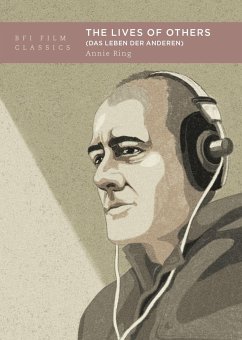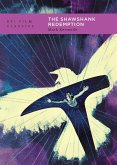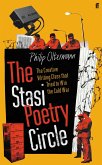This study offers a fresh approach to the remarkable German film The Lives of Others (2006), known for its compelling representation of a Stasi surveillance officer and the moral and ethical turmoil that results when he begins spying on a playwright and his actress lover. Annie Ring analyses the film's cinematography, mise-en-scène and editing, tracing connections with Hollywood movies such as Casablanca and Hitchcock's Torn Curtain in the film's portrayal of an individual rebelling against a brutal dehumanising regime. Drawing on archival sources, including primary research from the Stasi files themselves, as well as Enlightenment philosophies of art and Brecht's theories on theatre dating from his GDR years, she explores the film's strong but much-disputed claims to historical authenticity. She examines the way the film tracks the world-changing political shift that took place at the end of the Cold War - away from the collective dreams of socialism and towards the dreams of the private individual, arguing that this is what makes it at once widely appealing and fascinatingly problematic. In doing so, she highlights why The Lives of Others is a crucial film for thinking at the horizon between film and recent world history.
Hinweis: Dieser Artikel kann nur an eine deutsche Lieferadresse ausgeliefert werden.
Hinweis: Dieser Artikel kann nur an eine deutsche Lieferadresse ausgeliefert werden.








